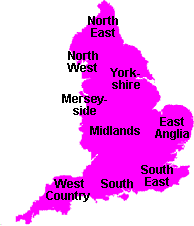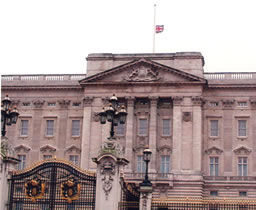Study, work or travel in the UK. British
culture and life.


An introduction to England
|
|
Study, work or travel in the UK. British
culture and life.
|
|
||
|
|
|
|
||
 |
||||
|
|
|
|||
|
|
||||
 |
||||
|
An introduction to England
|
||||
|
Sections:
|
England |
 |
| Links | ||
|
Related pages:
|
Scotland; Wales; Ireland |
 |
England
(photo book) |
 |
The
Pilot Guide To England (video: VHS PAL) Presenter: Justine Shapiro Publisher: Pilot Guides |
 |
The
Most Beautiful Villages of England Authors: James Bentley, Hugh Palmer Publisher: Thames & Hudson Date: March 1999 |
 |
English
Experiences Authors: Susan Briggs Publisher: Metro Publications Date: January 2003 |
 |
English
Language, Life & Culture Authors: Anne Fraenkel, Richard Haill, Seamus Oriordan Publisher: McGraw-Hill Companies Date: November 2002 |
 |
The
Xenophobe's Guide to the English Authors: Antony Miall, D. Milsted Publisher: Oval Books (book information) Date: April 1999 |
| Watching
the English Author: Kate Fox Publisher: Hodder & Stoughton Paperbacks Date: April 2005 |
|
England
Population (2001): 49.1 million Area: 130,000 square kilometres Capital city: London Currency: British Pound (GBP, Pounds Sterling) |
|
 Map of England |
 Buckingham Palace |
|
|
|